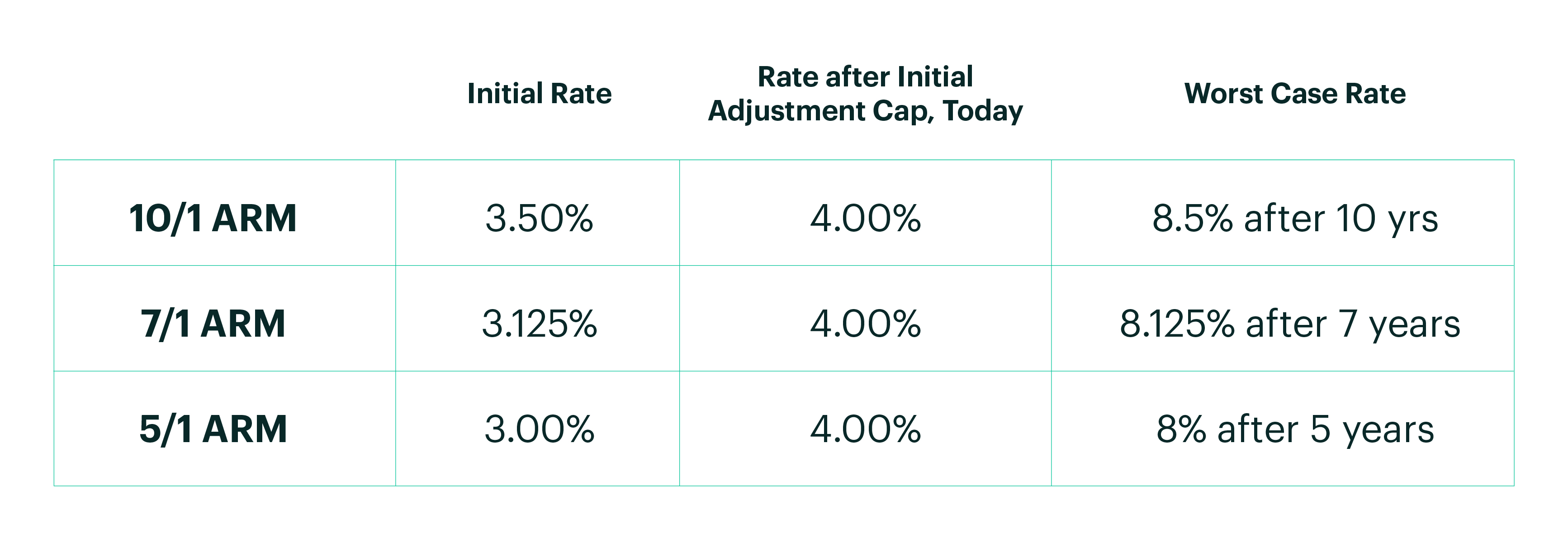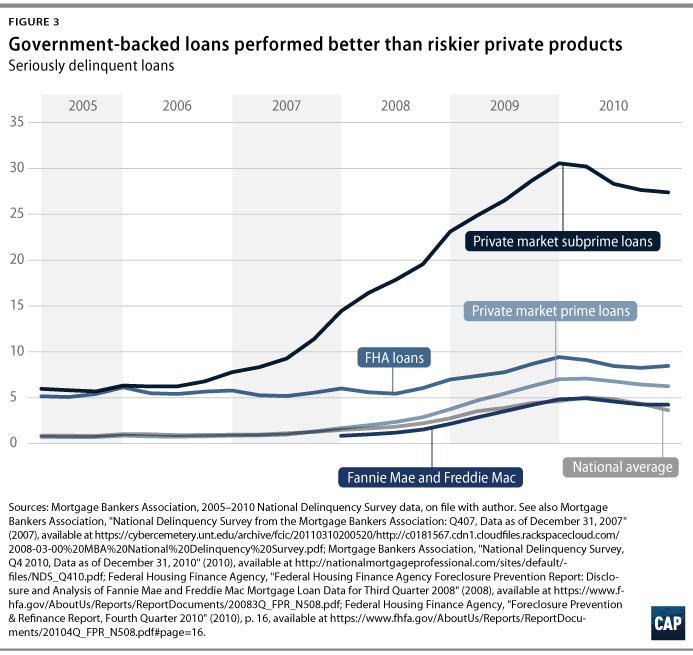If you want a house that's priced above your local limit, you can still receive an adhering loan if you have a big enough deposit to bring the loan amount down below the limit. You can decrease the rates of interest on your home loan by paying an up-front charge, referred to as mortgage points, which consequently reduce your regular monthly payment. how soon do banks foreclose on mortgages.
In this method, buying points is said to be "buying down the rate." Points can likewise be tax-deductible if the purchase is for your primary house. If you intend on living in your next home for a minimum of a decade, then points might be an excellent alternative for you. Paying points will cost you more than just initially paying a greater rates of interest on the loan if you prepare to offer the property within just the next few years.
Your GFE also includes a price quote of the total you can anticipate to pay when you close on your house. A GFE helps you compare loan deals from various lenders; it's not a binding contract, so if you choose to decline the loan, you will not have to pay any of the fees listed.
The interest rate that you are priced estimate at the time of your home mortgage application can alter by the time you sign your home loan. If you desire to avoid any surprises, you can pay for a rate lock, which devotes the lender to providing you the original rate of interest. This assurance of a fixed rate of interest on a home loan is just possible if a loan is closed in a defined period, generally 30 to 60 days.
Rate locks can be found in various forms a portion of your mortgage amount, a flat one-time fee, or just a quantity figured into Click to find out more your rate of interest. You can secure a rate when you see one you want when you initially look for the loan or later on while doing so. While rate locks usually avoid your rate of interest from increasing, they can also keep it from decreasing.

See This Report on How Many Mortgages In One Fannie Mae
A rate lock is worthwhile if an unforeseen boost in the rates of interest will put your home mortgage out of reach. how to rate shop for mortgages. If your deposit on the purchase of a house is less than 20 percent, then a lender might need you to spend for private home loan insurance, or PMI, due to the fact that it is accepting a lower amount of up-front money toward the purchase.
The expense of PMI is based upon the size of the loan you are obtaining, your deposit and your credit rating. For example, if you put down 5 percent to buy a home, PMI might cover the additional 15 percent. how to switch mortgages while being. If you stop paying on your loan, the PMI activates the policy payment in addition to foreclosure proceedings, so that the lending institution can reclaim the house and sell it in an attempt to restore the balance of what is owed.
Your PMI can also end if you reach the midpoint of your payoff for example, if you get a 30-year loan and you total 15 years http://chancexqlp328.theburnward.com/the-ultimate-guide-to-how-does-a-funding-fee-work-on-mortgages of payments.
Simply as houses come in various styles and cost ranges, so do the methods you can finance them. While it may be easy to tell if you prefer a rambler to a split-level or a craftsman to a colonial, determining what kind of home loan works best for you needs a little bit more research.
When picking a loan type, one of the main elements to think about is the type of rate of interest you are comfy with: fixed or adjustable. Here's a look at each of these loan types, with benefits and drawbacks to consider. This is the standard workhorse home loan. It gets paid off over a set amount of time (10, 15, 20 or thirty years) at a specific rates of interest.
Unknown Facts About How Would A Fall In Real Estate Prices Affect The Value Of Previously Issued Mortgages?
Market rates may fluctuate, however your interest rate won't budge. Why would you want a fixed-rate loan? One word: security. You will not have to stress about a rising interest rate. Your monthly payments might change a bit with real estate tax and insurance rates, but they'll be fairly stable.
The much shorter the loan term, the lower the rates of interest. For instance, a 15-year fixed will have a lower rates of interest than a 30-year repaired. Why wouldn't you want a fixed rate? If you intend on relocating five or even 10 years, you might be much better off with a lower adjustable rate.

You'll get a lower preliminary rates of interest compared to a fixed-rate home mortgage but it won't always remain there. The rate of interest fluctuates with an indexed rate plus a set margin. But do not stress you will not be faced with huge regular monthly variations. Modification intervals are predetermined and there are minimum and optimal rate caps to restrict the franklin financial group size of the modification.
If you aren't planning on remaining in your home for long, or if you plan to re-finance in the near term, an ARM is something you should consider. You can get approved for a higher loan quantity with an ARM (due to the lower preliminary rate of interest). Yearly ARMs have historically outshined set rate loans.
Rates might increase after the modification period. If you don't believe you'll save enough upfront to offset the future rate increase, or if you do not wish to run the risk of having to refinance, hesitate. What should I look for? Look carefully at the frequency of changes. You'll get a lower beginning rate with more regular modifications but also more unpredictability.
How Can Mechanics Leins Achieve Priority Over First Mortgages Fundamentals Explained
Counting on a re-finance to bail you out is a big threat. Here are the kinds of ARMs provided: Your rate of interest is set for 3 years then changes each year for 27 years. Your interest rate is set for 5 years then adjusts yearly for 25 years. Your interest rate is set for 7 years then changes yearly for 23 years.
You'll also want to consider whether you desire or get approved for a government-backed loan. Any loan that's not backed by the government is called a traditional loan. Here's an appearance at the loan types backed by the government. FHA loans are home mortgages insured by the Federal Real Estate Administration. These loans are developed for debtors who can't create a large down payment or have less-than-perfect credit, which makes it a popular choice for first-time house buyers.
A credit score as low as 500 might be accepted with 10 percent down. You can browse for FHA loans on Zillow. Because of the fees related to FHA loans, you might be much better off with a traditional loan, if you can get approved for it. The FHA requires an in advance home mortgage insurance coverage premium (MIP) as well as a yearly home loan insurance coverage premium paid monthly.
Standard loans, on the other hand, do not have the upfront cost, and the private home loan insurance coverage (PMI) needed for loans with less than 20 percent down automatically falls off the loan when your loan-to-value reaches 78 percent. This is a zero-down loan used to qualifying veterans, active military and military families.